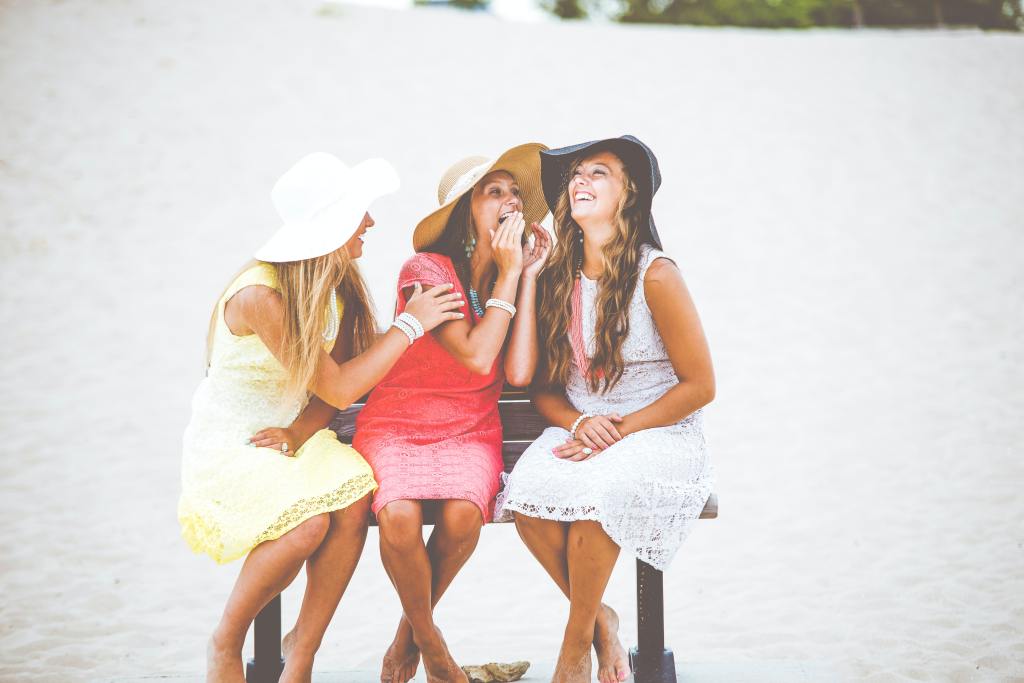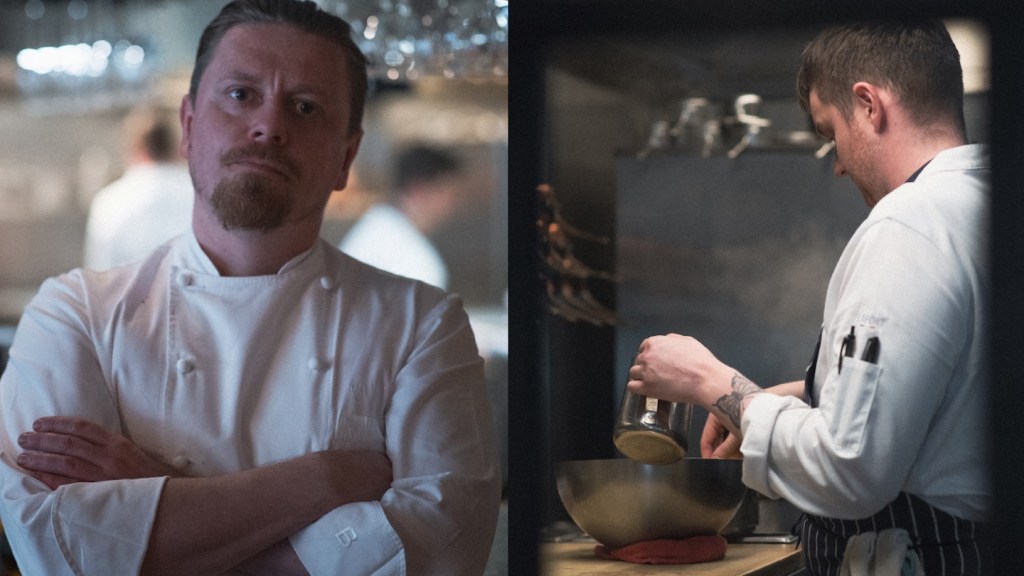Ah, high school. A wonderful time filled with homework, house parties—and dabbling in stocks?
While kids will be kids wherever you go, there are a few things the offspring of the rich and famous do a little differently from your ordinary high school teen. In the Philippines, where high-end private schools are often secluded in gated communities, this could mean dabbling in the family business on school days, or leveling up required uniforms by donning the latest tech and designer apparel.
Videos by VICE
“They have a lot of high-end branded stuff. They wear uniforms, but if they can flex, they will flex,” Adamson, a 30-year-old formation teacher at an all-boys school, told VICE. “I heard some kid left their 30,000-peso ($586) hoodie [at school]. It was just in the lost and found for a couple of weeks.”
Adamson and all the other teachers interviewed for this article have asked to remain anonymous to protect their schools’ reputations and students’ identities.
Playing hooky is also not for the usual reasons. Students aren’t just skipping class to go to a mall or play games in a computer shop. Apparently, it’s for trips like pilgrimages to Europe and Disney cruises.
“In my experience, many of them miss a day of school because they went abroad. A lot of them just casually say, ‘My family felt like going to Japan or Hong Kong,’ or any of the closer countries,” Adamson said.
According to the Philippines’ Education Department, only about 13 percent of primary and secondary school enrollments in the country are in private schools—just one of the many obvious reflections of social inequality in the country—and even fewer go to the very elite institutions, where a year’s tuition can easily reach over a third of the average Filipino family’s annual income.
For the average person, entering one of these schools for the first time is often a wake-up call and culture shock, even for teachers.
Adamson recalled a high school student who was able to pay for his brother’s private school tuition from his own stock earnings.
“He got the pot money from his parents, invested in stocks, and that was it. I heard the story from a colleague who had come across the student walking around with the cash in his backpack,” Adamson said, adding how the teacher had to explain to the student not to do that.
The privilege goes beyond money.
Mark, a 35-year-old English teacher at a private co-ed school, said students often leverage their network in school projects. He recalled a time his school’s pep squad once joined a contest where entries competed to get the most likes on Facebook.
“I didn’t know some of the members of the squad were related to celebrities. What they did is they asked the celebrities to retweet our picture, and from that point on, we got ahead in terms of the number of likes,” Mark said. “So yeah, we won.”
He said students also go all-out even for simple projects. Once, a student asked if they could bring a fog machine for an inter-class competition, and Mark cleared the request after consulting the principal, not realizing what it would entail.
“I didn’t know the fog machine was going to come from somewhere else. The guards called me and said, ‘There’s a truck for you.’ It was a 10 to 12-wheeler truck. I was so confused,” he said, adding that the truck driver even apologized for being late because they had come from the set of a popular TV show.
Besides the fog machine, there were also lights and laser installations. “The smoke came on and it was like a production for a Beyoncé concert,” Mark said. “Did we win? No, we didn’t, but [the students] were so proud that they topped everyone else.”
Selina, 40, who has taught in several private schools in Manila, said she had a similar experience at an all-girls school.
“I was expecting they would improvise the lights—use flashlights. I saw them bringing a full-blast sound system with all the lights, the type of thing you needed to set up a day before,” she said. “I was called to the principal the following day because [the students] were given the impression that all these things were required of [them]. I was really shocked.”
Once, when she asked her students to bring an item to class for show-and-tell, she walked into the classroom and saw a student wearing an iconic beauty pageant crown that she’d borrowed from a family member.
When Selina assigned these projects, she expected her students to put their best foot forward. It didn’t occur to her that their parents’ wealth and fame meant the students might do more than just make paper-mache backdrops for class plays.
“It’s just that they’re unaware of how good it’s been handed to them. That’s the reality of being in a place where they get all the things that they need,” Mark said. “It’s just a matter of bridging that awareness. I find myself bridging that awareness because I am not rich.”
Adamson said: “At the end of the day, they’re still just kids, still trying to get a grasp [of] the world.”
Follow Nikki Natividad on Instagram.






